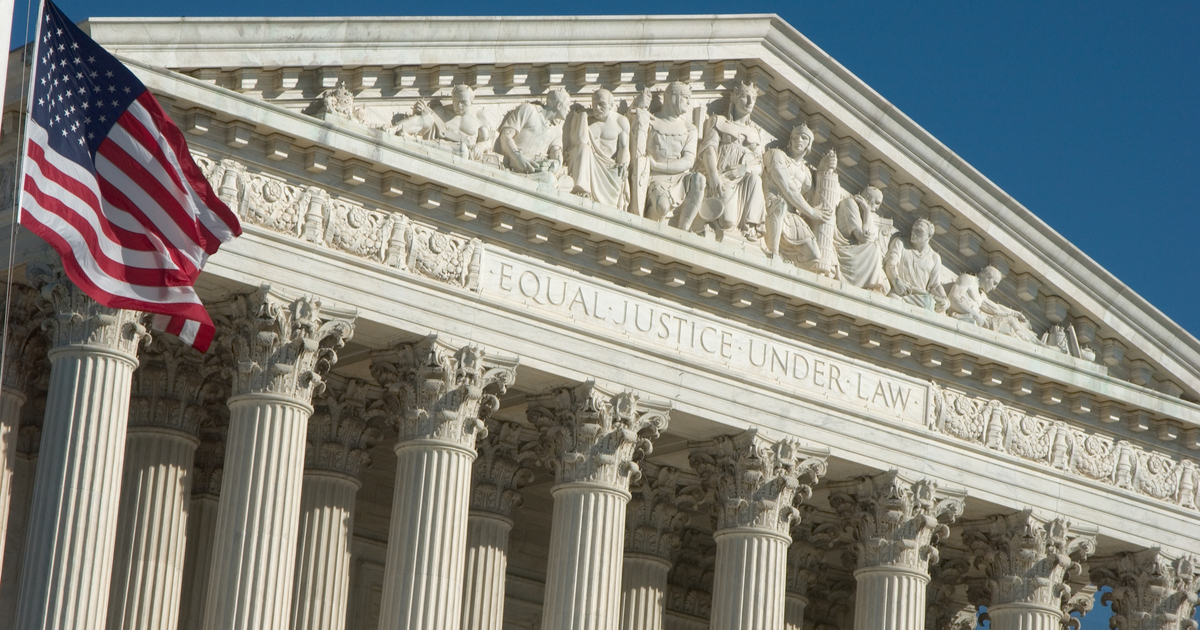Pfizer tops estimates, raises profit guidance even as sales fall
Pfizer hiked its full-year profit guidance, citing its strong business performance and cost cuts, even as sales for the period fell.

Pfizer CEO Albert Bourla speaks during a press conference after a visit to oversee the production of the Pfizer-BioNtech Covid-19 vaccine at the Pfizer factory in Puurs, Belgium, April 23, 2021.
John Thys | Reuters
Pfizer on Thursday reported third-quarter earnings and revenue that topped estimates and hiked its full-year profit guidance, as cost cuts helped to outweigh declining sales for the period.
The pharmaceutical giant now expects its full-year adjusted profit to come in between $3 and $3.15 per share, up from previous guidance of $2.90 to $3.10 per share. Pfizer said that reflects its "solid" performance for the year, "continued confidence in our business" and progress with reducing costs, among other factors.
Pfizer said it also includes a one-time $1.35 billion charge tied to its licensing agreement with Chinese biotech 3SBio, which hit earnings by roughly 20 cents per share. The company said its 2025 guidance also accounts for President Donald Trump's current tariffs on China, Canada and Mexico. It does not reflect Trump's threatened pharmaceutical-specific tariffs, as the company is exempt from those levies for three years under a new drug pricing deal with the president.
That agreement has no impact on Pfizer's 2025 guidance, but the company said it expects a dilutive effect to its 2026 outlook, its CFO Dave Denton said on a third-quarter earnings call on Tuesday. Denton said the company will likely provide its 2026 guidance by the end of the year.
Pfizer maintained it full-year revenue guidance of $61 billion to $64 billion.
Shares of Pfizer rose more than 1% on Tuesday.
Here's what the company reported for the third quarter compared with what Wall Street was expecting, based on a survey of analysts by LSEG:
Earnings per share: 87 cents adjusted vs. 63 cents expectedRevenue: $16.65 billion vs. $16.58 billion expectedPfizer reported revenue of $16.65 billion for the third quarter, down 6% from the same period a year ago, largely because of lower demand for its Covid vaccine and Paxlovid, an antiviral pill for the virus.
The company booked net income of $3.54 billion, or 62 cents per share. That compares with net income of $4.47 billion, or 78 cents per share, during the same period a year ago.
Excluding certain items, including restructuring charges and costs associated with intangible assets, the company posted earnings per share of 87 cents for the quarter.
Pfizer's "performance continues to exceed expectations and deliver strong results, even as the incidence of Covid remains low," Denton said during the earnings call.
Also on Tuesday, Pfizer said it's on track to cut costs by about $7.7 billion by the end of 2027 as part of two separate initiatives. As part of that, the company said it will slash costs by $4.5 billion by the end of 2025.
The results come weeks after Pfizer became the first drugmaker to strike a deal with Trump to voluntarily sell its medications for less, as his administration pushes to link U.S. drug prices to cheaper ones abroad.
Under the deal, Pfizer has agreed to a three-year grace period during which the company's products won't face Trump's threatened pharmaceutical-specific tariffs – as long as the drugmaker further invests in U.S. manufacturing. The company plans to invest $70 billion to reshore domestic drug manufacturing and research facilities.
On the call, Denton said the deal "will help ensure U.S. patients pay lower prices for prescription medicines while providing the clarity we need to focus on our business and our investment in future innovation."
Pfizer is slowly regaining its footing after a rapid decline in its Covid business over the last three years, with the company betting on new ways to boost revenue, including through cancer products from its $43 billion acquisition of Seagen and a proposed deal with the obesity biotech Metsera.
But the drugmaker is in a heated bidding war with Novo Nordisk for Metsera. Both pharmaceutical companies raised their bids for Metsera, but the biotech company on Tuesday said Novo Nordisk's new proposal is "superior." That came one day after Pfizer filed its second lawsuit against the two companies, alleging that Novo Nordisk's attempt to outbid Pfizer to acquire Metsera is anticompetitive.
"We believe that Novo Nordisk's offer is illusory, and cannot constitute a superior proposal under the terms of our merger agreement with Metsera because it violates antitrust law and there is a high risk it will never be consummated," Pfizer CEO Albert Bourla said during the earnings call on Tuesday.
"What I can say is that our belief in the promise of the Pfizer and Metsera combination is strong and unwavering," he said.
Shares of Pfizer are down 7% for the year.
Weaker Covid product sales
Pfizer said its Covid products weighed on third-quarter sales, as lower infection rates reduced Paxlovid demand and a narrower vaccine recommendation from the Centers for Disease Control and Prevention in the U.S. shrank the eligible population for the shot, called Comirnaty.
In September, advisors to the CDC recommended that everyone consult a health-care provider when deciding whether to receive a shot – softer guidance to receive the jab than in previous years. Health and Human Services Secretary Robert F. Kennedy Jr., a longtime vaccine critic, has sought to rewrite the nation's immunization policies through a series of far-reaching actions.
The company's Covid shot booked $1.15 billion in revenue for the third quarter, down 19% from the year-earlier period. Analysts expected the shot to bring in $1.13 billion in sales for the quarter, according to StreetAccount estimates.
More CNBC health coverage
Pfizer's antiviral Covid pill Paxlovid posted $1.23 billion in sales for the third quarter, down 55% from the same period a year ago. Analysts expected the shot to rake in $1.37 billion in sales for the period, StreetAccount estimates said.
The company said third-quarter sales were helped by higher revenues for several products, including its blood thinner Eliquis, which it shares with Bristol Myers Squibb. That drug drew $2.02 billion in sales, a 25% increase, topping analysts' estimates for the period, according to StreetAccount.
Eliquis is among the first round of drugs that will face new negotiated prices in Medicare in 2026, due to a provision of the Inflation Reduction Act.
Pfizer said its Vyndaqel drugs, which are used to treat a certain type of cardiomyopathy, a disease of the heart muscle, and its migraine treatment Nurtec also saw higher sales. Vyndaqel medicines posted $1.59 billion in sales, while Nurtec drew $412 million in revenue, both surpassing analysts' estimates for the period.

 FrankLin
FrankLin 
































